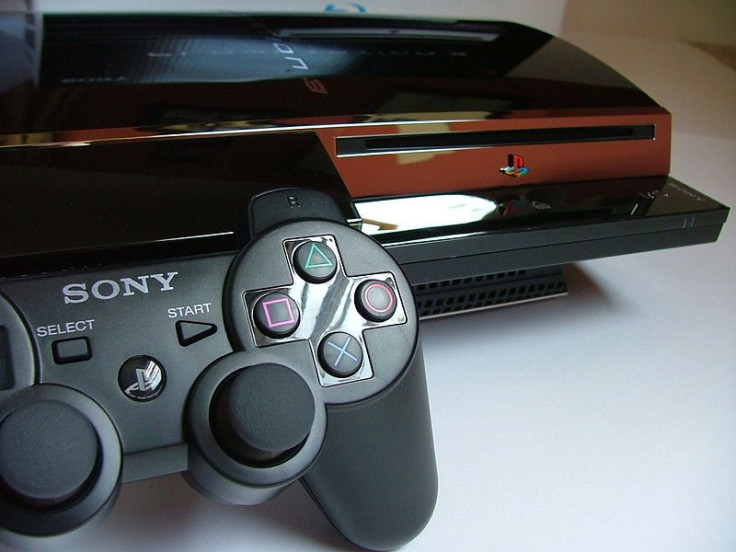Household Items With More Bacteria Than A Toilet Seat: Have You Cleaned Your Video Game Controller Recently?

Restaurant ice machines aren’t the only things that collect mold and germs, making them dirtier than a restroom toilet. Household objects could be just as germy, according to a new study conducted by UNICEF, in conjunction with Unilever.
“Hand washing is probably the most cost-effective and simple way to reduce disease, whether in the UK or in the rest of the world,” Dr. Lisa Ackerley, a leading food safety expert, told the Daily Mail.
The study found that some video game controllers could hold up to five times more bacteria than a toilet seat. Researchers found controllers sampled had an average of 1,600 bacteria per 100 square centimeters. Researchers found that video game controllers had an average of 7,863 per 100 square centimeters, compared to 1,600 bacteria per 100 square centimeters on the average toilet seat, according to Metro.
Other household items contained even more bacteria. Sofa arms contained, on average, 19,200 bacteria per 100 square centimeters, while bikes and balls had about 14,000 bacteria per 100 square centimeters, and garden trampolines had 640,000 bacteria per 100 square centimeters. Fridge handles and teddy bears also had more bacteria than a toilet, with 7,474 and 2,549 bacteria per 100 square centimeters each, respectively.
While an accompanying poll found that three out of five parents believed their children came into contact with these germs in their schools and daycares, the authors of the study noted that many of these germs readily exist in their own homes.
“Literally, our safety, and that of others, is in our hands, By making sure we have clean hands, we prevent passing our germs on to others, and we can make sure that we don’t get sick from infections left behind by other people,” Ackerley told the Daily Mail.
Although hand washing may be one of the simplest ways to prevent bacteria from spreading, many people fail to wash correctly. A study from June found that one-third of all study subjects did not wash their hands with soap when they finished using the bathroom. Furthermore, 95 percent of people who managed to wash their hands did not wash long enough to kill bacteria.
What’s more, people of the general public aren't the only hand-washing offenders, nor are they the most worrisome. Forty percent of doctors throughout 43 hospitals in Costa Rica, Italy, Mali, Pakistan, and Saudi Arabia fail to wash their hands properly, according to another report.
According to the Centers for Disease Control and Prevention (CDC), the correct way to wash your hands is as follows:
· Wet your hands with clean, running water, and apply soap.
· Rub your hands together to make a lather and scrub them well; be sure to scrub the backs of your hands, between your fingers, and under your nails.
· Continue rubbing your hands for at least 20 seconds (humming the “Happy Birthday” song twice can help with timing).
· Rinse your hands well under running water.
· Dry your hands using a clean towel or air dry them.



























